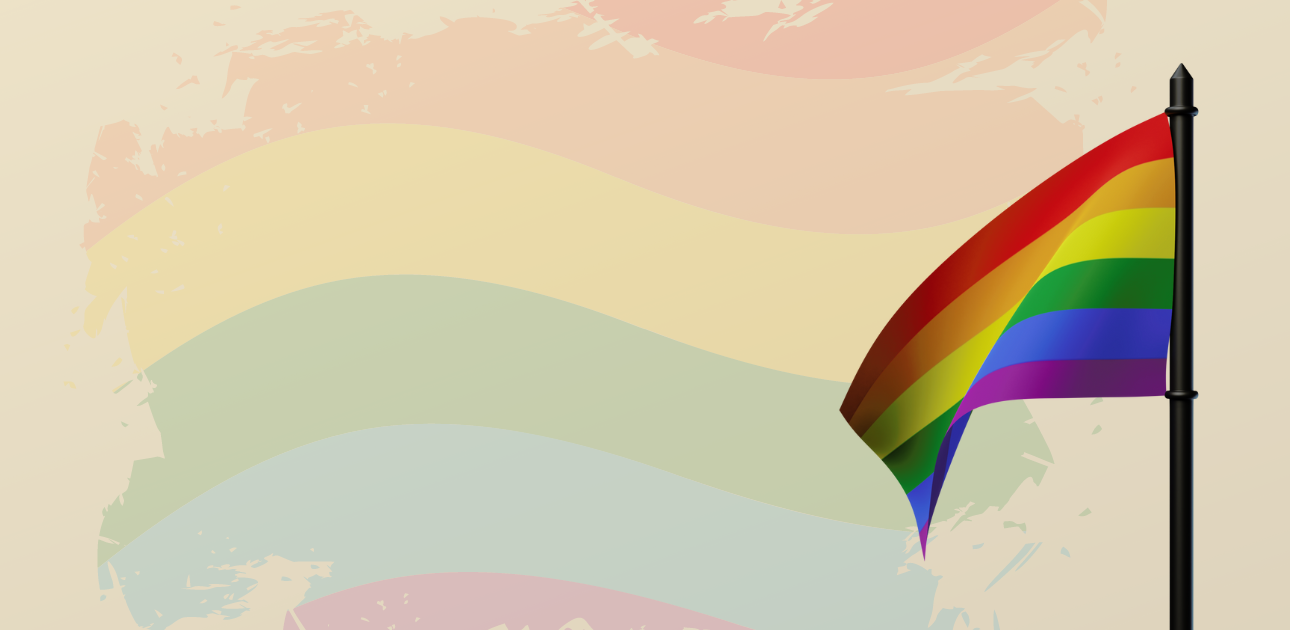
A few days before the fourth anniversary of Navtej Singh Johar versus Union of India (2018), wherein the Supreme Court read down Section 377 of the Indian Penal Code that criminalised consensual sex between same-sex adults, the National Medical Commission (‘NMC’), the highest regulatory body of medical professionals in India, in a significant move, has written to all State Medical Councils to declare conversion or reparative therapy (also referred to as gay cure therapy) as professional misconduct under the Indian Medical Council Act, 1956 (Professional Conduct & Ethics) Regulations, 2002.
The communication said, “In compliance of order July 8, 2022, Ethics and Medical Registration Board, National Medical Commission has decided that conversion therapy will constitute a professional misconduct under the Indian Medical Council (Professional Conduct Etiquettes and Ethics) Regulations, 2002’’.
Conversion therapy, aimed at falsely changing the sexuality of a person, imposes psychiatric treatment, use of drugs, electroshock therapy and often physical violence and exorcism on the person to allegedly cure them.
This direction comes in adherence to the order by Justice N. Anand Venkatesh of the Madras High Court in S. Sushma & Anr. versus Commissioner of Police & Ors. (2021). In this case, the court directed the NMC to take disciplinary action against medical practitioners performing conversion therapies.
The court also pointed out that these therapies aiming at “correcting” non-heterosexuals to their so-called “normal” counterparts, with full impunity, are often aided by law enforcement. The high court’s direction was timely as India still does not have a law explicitly banning these practices.
Also read: A big thank you for Justice Anand Venkatesh
Conversion therapy lacks scientific evidence
Conversion or any kind of therapy to allegedly cure the sexuality of a person is based on the premise that a specific kind of sexual orientation and gender identity is a disease. However, the Indian Psychiatrist Society has already declared that homosexuality should no more be regarded as a psychiatric disorder. Treatments to reverse the sexual orientation of a person, the IPS noted, are based on a premise that is erroneous. In fact, the World Psychiatric Association declared that these treatments are without any scientific evidence. Any conversion or aversion therapy in this regard is disapproved.
Further evidence to support this flows from the American Academy of Child and Adolescent Psychiatry, which has already clarified that it has found no evidence to support the application of any “therapeutic intervention” that a specific sexual orientation, gender identity or gender expression is pathological. The same lacks scientific credibility and clinical utility, and often leads to an increased risk of aggravating mental health conditions in the youth, the Academy has noted.
Standard international rights jurisprudence on the rights of the LGBTQI community is codified in the 2006 Yogyakarta Principles. It terms the use of conversion therapy as medical abuse. Principle 18 says, “Notwithstanding any classifications to the contrary, a person’s sexual orientation and gender identity are not, in and of themselves, medical conditions and are not to be treated, cured or suppressed.”
The Yogyakarta Principles also protect the right to self-determination, which, in simple terms, is the right to self-identify. This right has been found in the right to privacy, Article 21 of the Constitution, and has been reiterated by the Supreme Court in Justice K S Puttaswamy(Retd.) & Anr versus Union of India & Ors. (2017) as a fundamental right to privacy.




